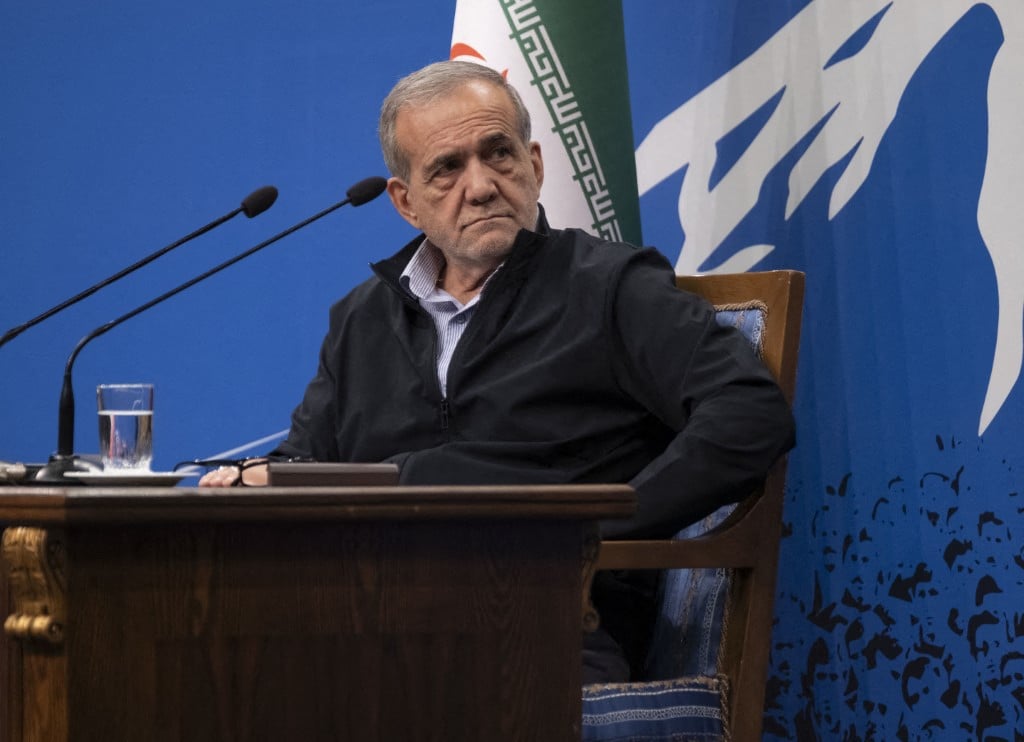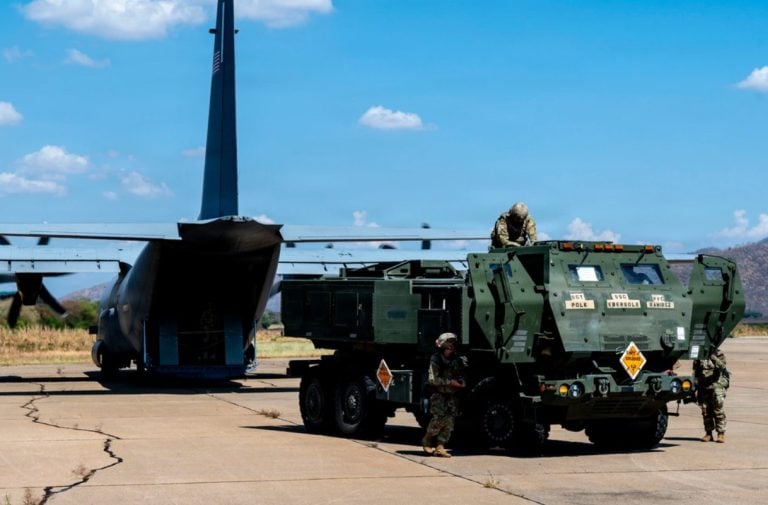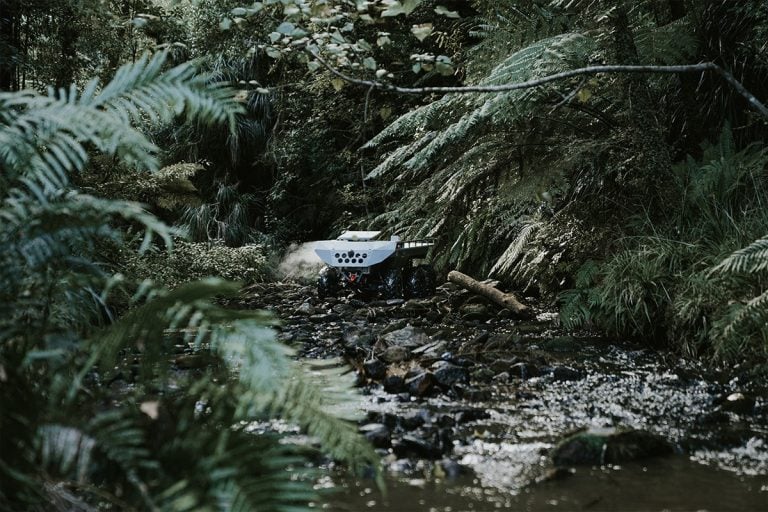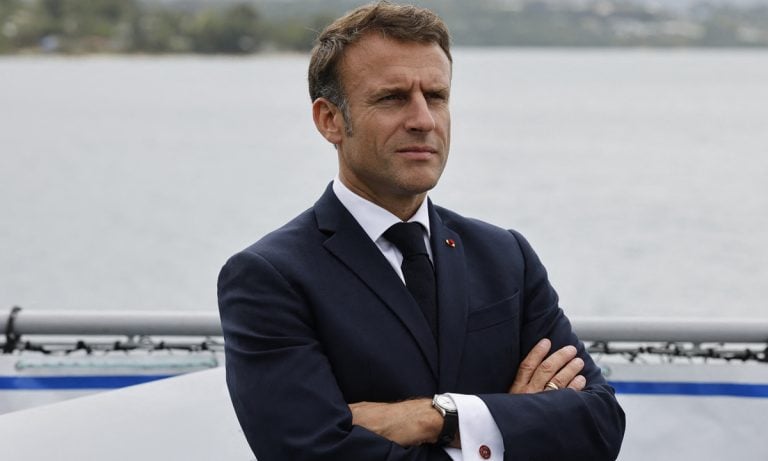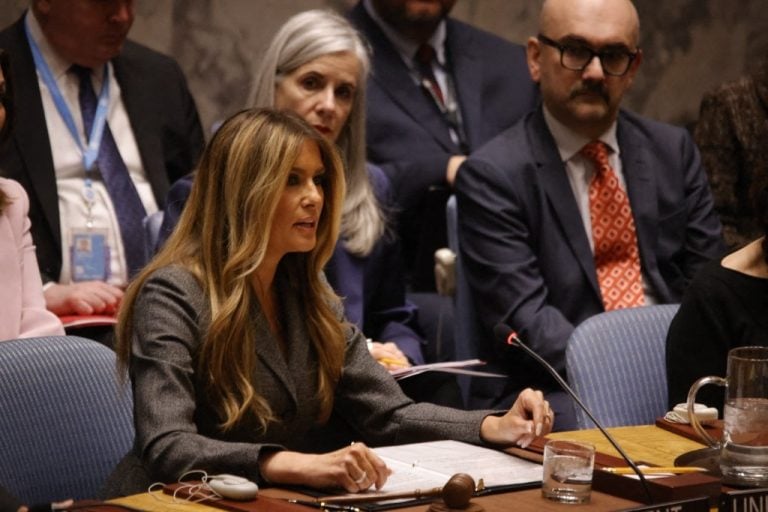Iran’s parliament has taken a significant step toward distancing itself from the International Atomic Energy Agency (IAEA), voting in favor of suspending cooperation with the UN nuclear watchdog. This decision comes in the wake of a recent 12-day war characterized by intense strikes by both Israeli and U.S. forces on Iranian nuclear sites.
Parliament speaker Mohammad Bagher Ghalibaf criticized the IAEA for its silence on the attacks, stating, “The International Atomic Energy Agency, which refused to even marginally condemn the attack on Iran’s nuclear facilities, put its international credibility up for auction.”
The vote, which took place on Wednesday, saw 221 out of 290 lawmakers in attendance supporting the measure, with one abstention and no votes against it. However, the resolution requires approval from the Guardian Council—an influential body responsible for vetting legislation—before it can take effect.
Should the suspension be ratified, it would mean that the Atomic Energy Organization of Iran would halt all cooperation with the IAEA until the security of its nuclear facilities is assured. According to lawmakers, this move would bar IAEA inspectors from accessing nuclear sites unless they receive authorization from Iran’s Supreme National Security Council.
The backdrop of this decision includes a series of military actions that began with Israel’s bombardment campaign on June 13, which targeted multiple Iranian nuclear facilities. This assault reportedly resulted in the deaths of several high-ranking military commanders and nuclear scientists. Following Israel’s actions, the U.S. conducted its own strikes on Iranian facilities in Fordo, Isfahan, and Natanz, marking a significant escalation in military tensions.
In the wake of the vote, lawmakers expressed their sentiments with chants of “Death to America” and “Death to Israel,” reflecting the heightened emotions surrounding the recent military conflict and the IAEA’s perceived inaction.
Since the hostilities began, Iranian officials have been vocal in their criticism of the IAEA, accusing the organization of failing to provide necessary support or condemnation regarding the Israeli assaults on Iran’s nuclear infrastructure. The developments signal a rising strain in diplomatic relations between Iran, the U.S., and Israel, further complicated by the implications of Iran’s potential withdrawal from international oversight of its nuclear program.
